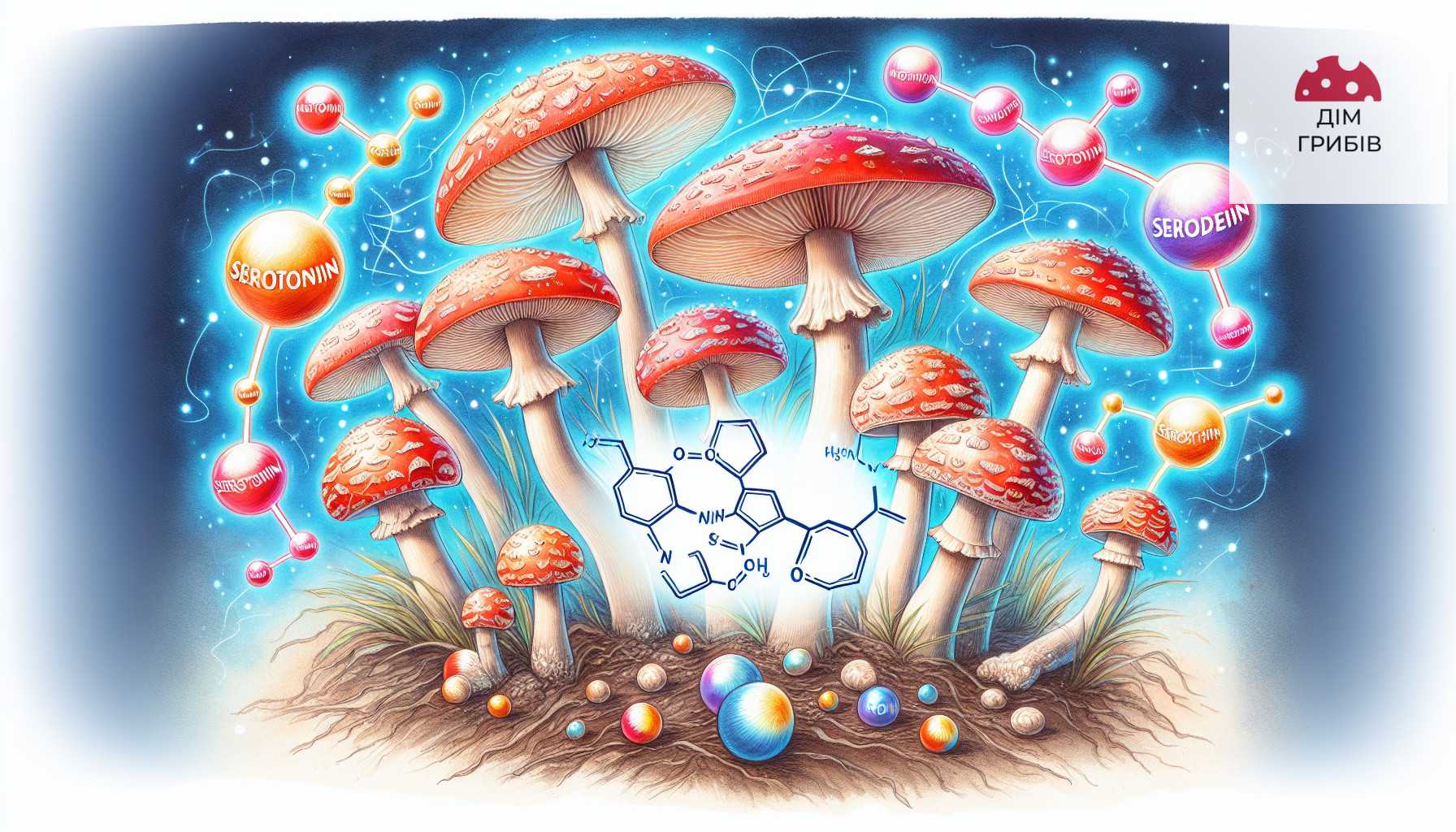Amanita Antidepressants: How Natural Mushrooms Will Brighten Your Mood and Clear Your Clouds

Mushrooms as antidepressants: a natural alternative for maintaining mental health
Mushrooms are one of the most common mushrooms that have been used by people for a long time. They have various forms and properties. Interest in amanita mushrooms as antidepressants arose because of their ability to affect the serotonin system of the brain. Serotonin is responsible for the stability of mood and emotional state. A reduced level of serotonin is one of the causes of depression, so increasing its level can have an antidepressant effect.
Despite the interesting properties of amanita mushrooms, it is worth remembering the possible dangers of consumption without proper expertise. Some species of amanita contain poisonous substances that can be harmful to health. Therefore, before using amanita mushrooms for antidepressant purposes, it is important to get the advice of a specialist who will help you use these mushrooms correctly and safely.
Mushrooms have a long history of use in various cultures around the world. They are found in mythology, religious rites and traditional medicine. For example, the use of fly agaric in religious rites was found among the northern peoples, who considered fly agaric to be sacred mushrooms. Shamans used fly agaric to enter a trance state and perform rituals. However, it is worth noting that the independent use of amanitas for spiritual practice can be dangerous and requires special methods and rituals.
Scientific research on the antidepressant properties of fly agarics is limited and contradictory. One of the most authoritative studies in this field showed that a course of using amanita mushrooms improved mood and reduced symptoms of depression. However, the size of the experimental group was small, which reduces the significance of these results. Research also points to a possible dependence on amanita in patients with depressive states.
If you intend to use amanita mushrooms to improve your mood and maintain mental health, you should follow certain recommendations that will help reduce the risk of poisoning and unwanted side effects:
1. Consult a doctor or a mycologist who will be able to give you competent advice on the use of amanitas. 2. Never eat raw toadstools or mushroom parts. Many species of fly agaric are poisonous and can be dangerous to health. 3. Use jam or other methods of processing mushrooms, which will ensure the destruction of poisonous substances. 4. Use fly agarics only in a controlled environment with professional supervision and support from a specialist.
Given the nature of amanita and the risks associated with its use, it is important to consult a doctor or mycologist before starting any course of using amanita for antidepressant purposes. This will help you evaluate the potential risks and benefits, as well as get answers to all your questions.